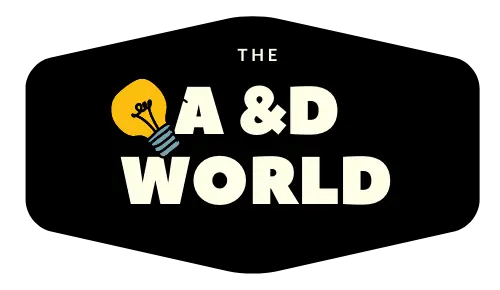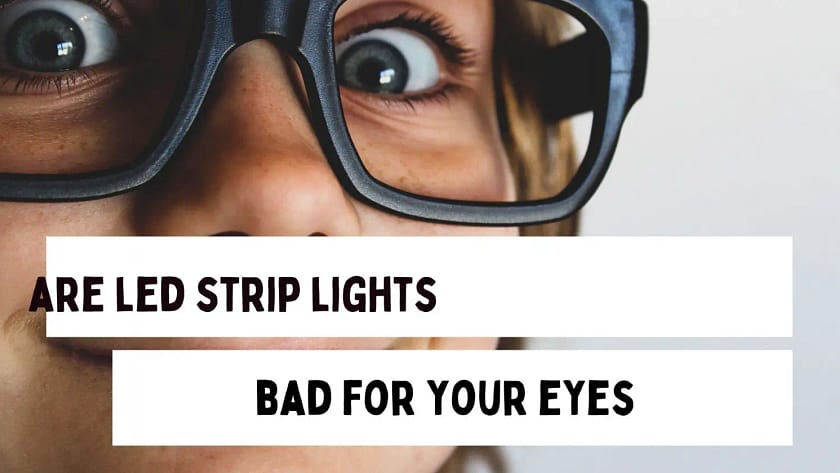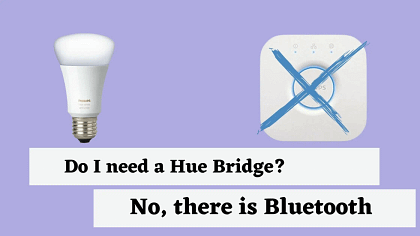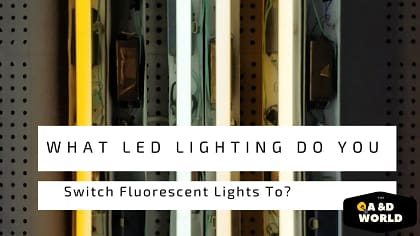LED Light strips are everywhere; in the last ten years, they’ve been in many homes. Several companies like Philips Hue create these LED lights that can benefit us from entertainment to basic ambient lighting. However, many studies have shown that LED lights, in general, can affect the way we sleep, but now studies have shown that they can affect our eyes.
Homeowners enjoy the benefits of having clean and energy-efficient lights in their places. Not only do they last longer, but they also produce less heat than traditional lighting. In addition, manufacturers of strip lights have created them so we can view and enjoy the RGB colors.
Therefore, many people wondered if strip lights are bad for your eyes and what we can do to protect them.
Can LED Hurt Your Eyes?
Strip lights are LEDs, so it is simpler to look at the overall effects of LEDs on the eyes. LED lights as we know them today are found in our fixtures and laptop screen. Most emit a blue light that appears white to the eyes when we look directly at them. Several studies have shown that the changes in these light wavelengths can damage our retina.
(RPE) is a pigmented layer of the retina. [source]
There are three ways light-induced damage can occur: photomechanical, photothermal, and photochemical. First, let’s look at photomechanics; this transpires because of the rapid increase of energy obtained by the RPE. This kind of damage can lead to irreversible damage as well as photoreceptor degeneration.
Similarly, photothermal occurs with the amount of energy absorption rather than the spectral composition of the light. Photochemical damage appears with the short but intense exposure of light affecting the RPE and the outer segment of the photoreceptors of the eyes.
According to this study, it claims that your eyes are more exposed to light-induced damage with blue lights rather than white or green. However, LEDs are fairly new, and there are not enough studies that show the long-term effects on your eyes.
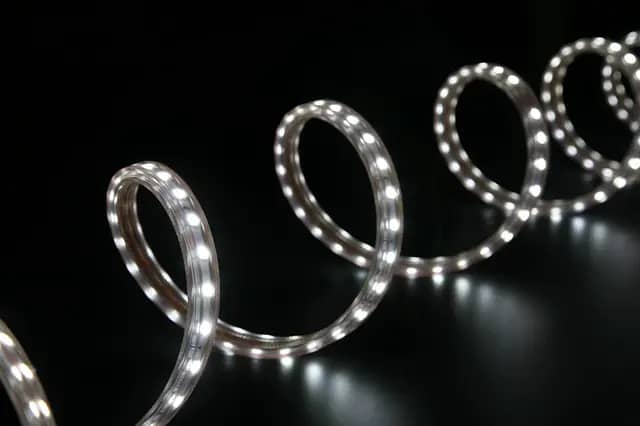
RGB lights And Your Eyes
What are RBG lights? We all know of the three primary colors; red, blue, and yellow well, that’s what RBG stands for. When you plug on your favorite RGB strip lights, there is a separation between the lights creating different intensities to produce separate colors. Currently, there is no single LED bulb that can cycle through different colors on its own.
So there are a couple of ways to see your favorite RGB lights in action. You may be able to see all three colored LEDs lit up if you look closely enough. If you don’t want to look directly at your lights drop a little water on your phone screen- you’ll notice a rainbow-like effect on the white spots.
However, how does RBG affects your eyes? I took some hours researching this question but, I have not found many answers. Therefore, I will divide the colors and look at the effects each color lights have on your eyes.
I was surprised to know that red lights can recharge the cell in your retina, claims the American Academy of Ophthalmology. There is little research, but red lights can recharge the power cell in the eyes known as the mitochondria. Yet, like many trials and studies, there is much work to be done to prove this theory.
Yellow light protects the retinas when they are exposed to excessive blue lights. They offer great contrast and are effective when filtering UV lights. After reading the previous section, we all know what blue light does to the eyes. Long-term exposure to blue LEDs can damage your eyes’ retinas and disturb sleeping patterns.
LED Light Strips And Cancer
No studies are showing that LED strip lighting can cause cancer. But, UV radiation and chemical of incandescent or fluorescent light bulbs can cause it.
LED Lights And Your Brain
As previously stated, blue light can reduce melatonin levels, making it harder to fall asleep. LEDs emit much more blue light than other types of bulbs. So if you’re using LED lights throughout your home, it could affect the quality of your sleep and waking life.
When you’re exposed to blue light at night, it signals your brain to suppress melatonin production — which means it’s harder for you to fall asleep or stay asleep.
Some people have a genetic mutation that makes them extra sensitive to blue light at night — this is called “non-24” because it causes people’s internal clocks to reset themselves every 24 hours instead of every 25 hours. People with non-24 often can’t sleep at night because they’re so sensitive to their surroundings and artificial lighting so they find it difficult to fall asleep.
Protecting Your Eyes From Strip Lights
The best way to protect your eyes from strip lights is not to stare directly into them. The amount of lights that can damage your eyes depends on the intensity and the color. So, to avoid long-term damage, Don’t Stare At Them. Smart led are easy to dim, so whenever you are close to them, lower their brightness.
Yes, blue lights can damage the retina of your eye, but the intensity and duration are factors to consider. Strip lights might not degrade your eyes if you stay away from the harmful shades. Furthermore, lights like Philips Hue have millions of colors available and can be dimmed to 0%. While there are many studies on the effects of blue light, there is not much on RBG LED strips.
Popular Studies That Show The Impact Of LEDs On The Eyes
- A 2012 Spanish study claims that LEDs can cause damage to your retina.
- The (ANSES)warns us in a 2019 study that the “phototoxic effects” of blue lights can increase the risk of macular degeneration.
